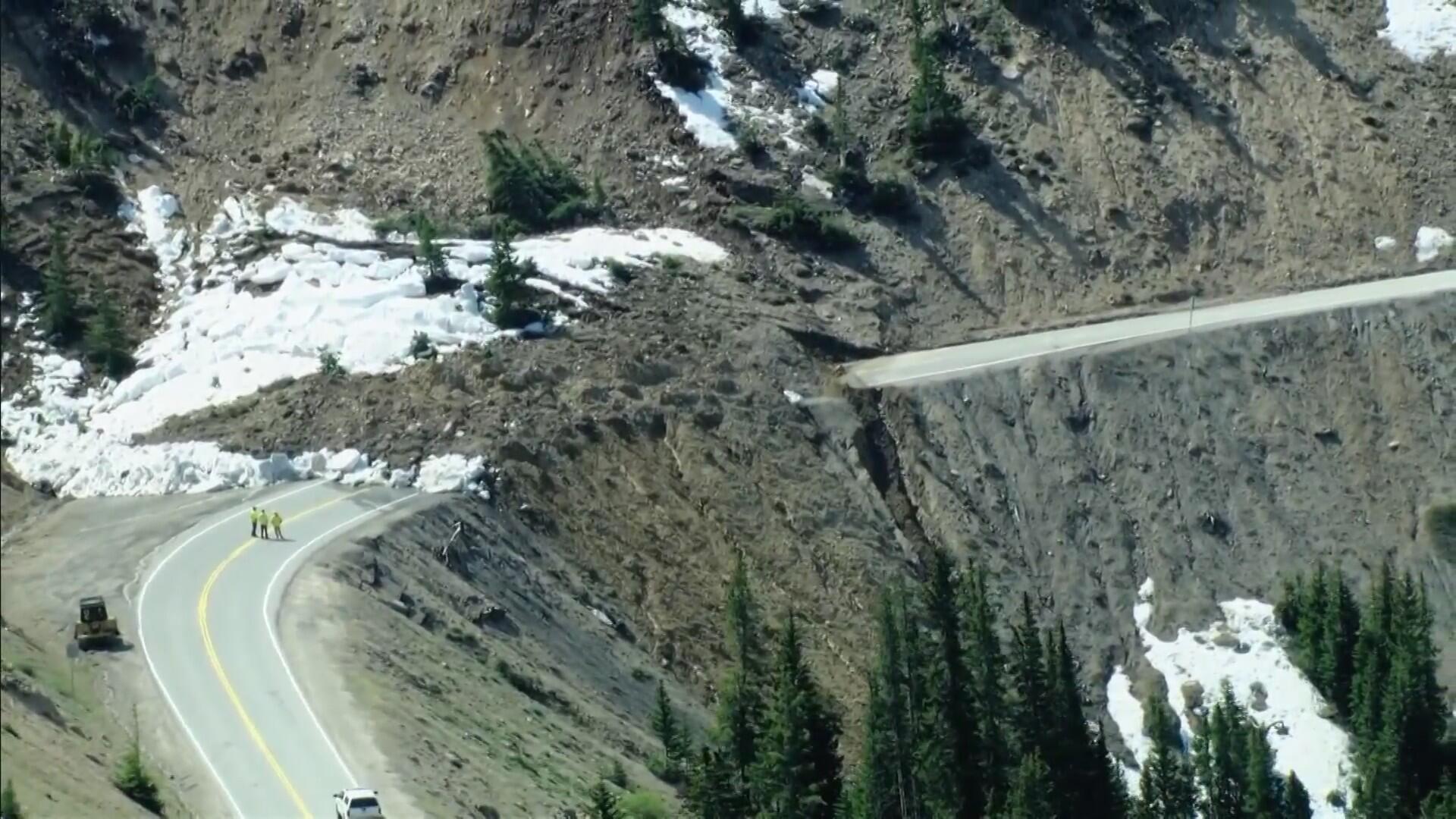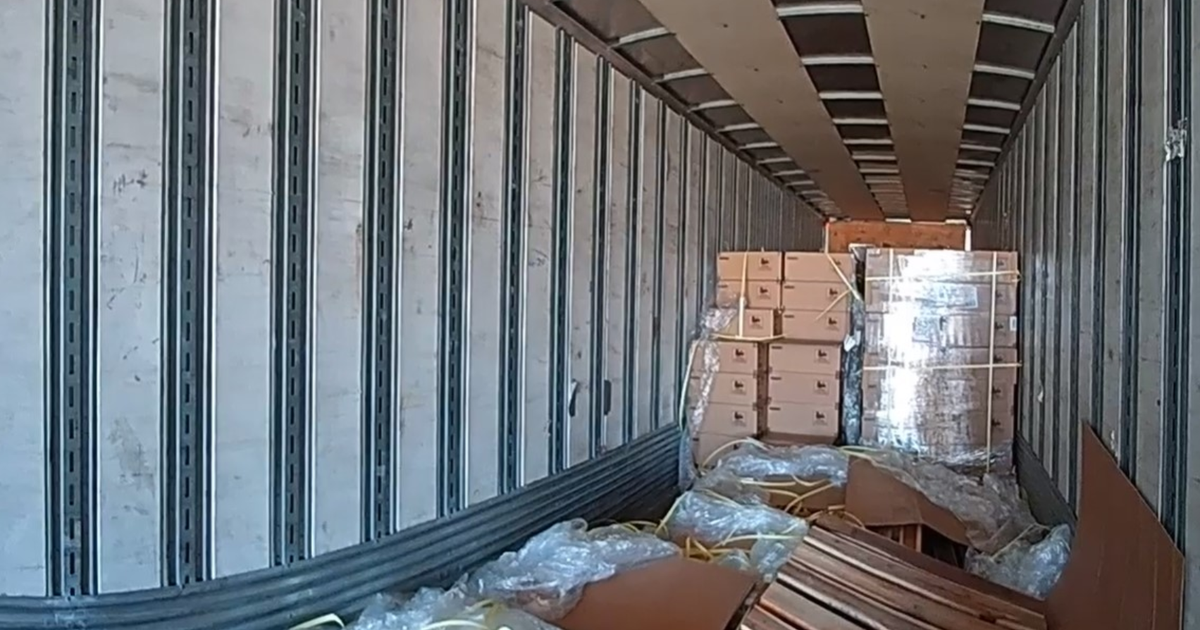Trucks carrying hazardous material to be diverted through I-70 after Colorado mudslide; traffic delays expected
The mudslide that forced a closure of U.S. Highway 6 at Loveland Pass is causing some changes that are likely to result in traffic delays, according to the Colorado Department of Transportation.
Monday night, the area was deemed too unstable to begin cleanup operations, while crews were identified to work on the cleanup.
The closure significantly impacts travelers heading between the base of Loveland Ski Area near the Eisenhower-Johnson Memorial Tunnels and destinations like Keystone and Arapahoe Basin Ski Resort. It also has ripple effects on Interstate 70, as trucks hauling hazardous materials, which are typically prohibited from using the tunnel, are required to take Loveland Pass, but with the pass closed, these trucks are now being escorted through the tunnel for a brief period at the top of each hour.
This can lead to temporary delays for other I-70 traffic, though the escorts clear out relatively quickly. During those trips, other traffic will be held at the entrance of each side of the tunnels, which are on I-70 on the western side of Clear Creek County, about 60 miles west of Denver.
"There absolutely could be another slide," explained Tamara Rollison, CDOT Region 1 communications director. "We have to be very safe, our crews, we're not even able to get out to start the cleanup operations until our geology team deemed that the area where the slide occurred is stable enough for them to be able to get in there with the heavy equipment and begin the hard work of clearing the roadway."
Sunday's landslide crossed the highway at mile marker 226, about three miles above U.S. 6's interchange with Interstate 70 near the Loveland Ski Area and one mile below the summit of Loveland Pass.
The move is common when U.S. 6 has to close, but it will cause delays in regular traffic as the tunnels are traversed by vehicles carrying hazardous material, which can include oil or gas, specialized batteries, commercial or military explosives, various biological or chemical materials, and more. Those materials are regulated by both state and federal transportation officials.
Rollison emphasized the challenging nature of the terrain: "It is a very tight area, and that's why we have urged all travelers to avoid the area so that we have the room to do what we need to do to be able to get Loveland Pass reopened as soon as possible."
The mudslide, which is approximately 15 to 20 feet in depth, has fully closed Highway 6 to traffic and there's no estimated time of reopening. Hikers and cyclists are also being asked to avoid the area until crews clear the mud and silt and determine the area is safe. No one was injured in the slide, CDOT said.
"The area is still actively moving so we can't safely begin cleanup efforts yet," CDOT spokesperson Austyn Dineen told CBS Colorado on Sunday.
CDOT says a similar slide occurred in the area in 2003 but they have no record of any similar activity in the area in the 22 years since then.
Loveland Pass, where the slide occurred, crests the Continental Divide just shy of 12,000 feet in elevation.
Rollison said snow melt -- the reason for this slide -- is common at this elevation: "The material above the roadway became saturated by melting snow and as a result, that's when the slide occurred."






